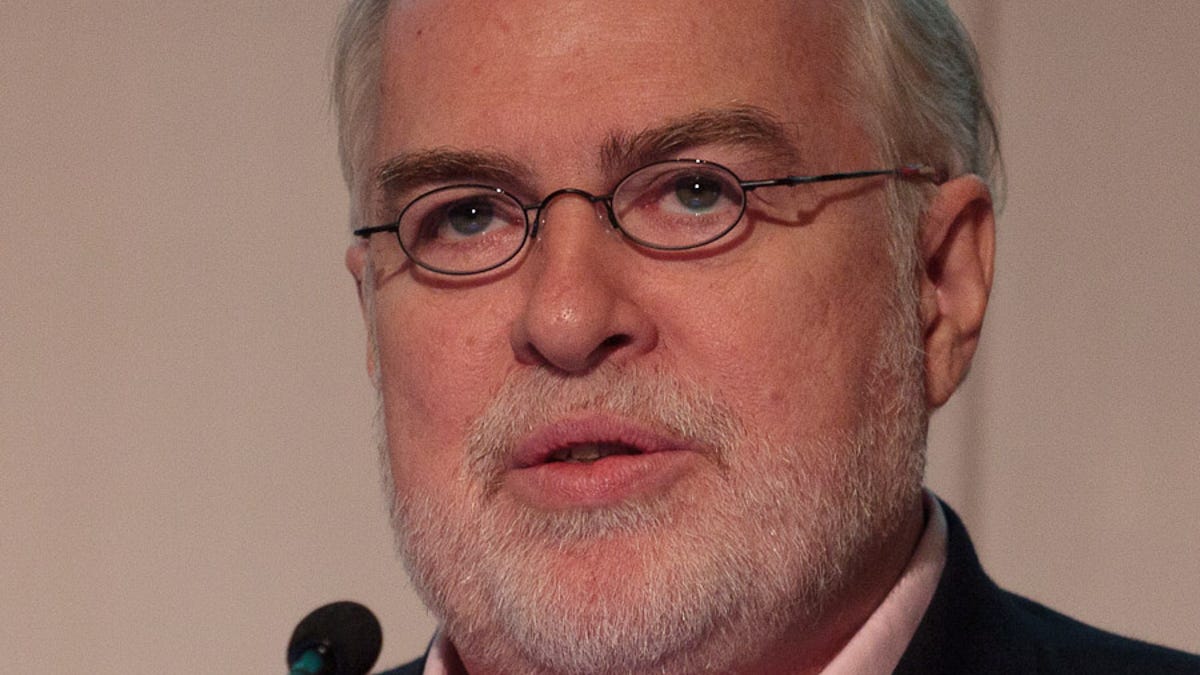Private equity firm acquires Hasselblad
The storied medium-format camera maker is in new hands as Ventizz Capital Partners acquires it. The private equity firm plans to invest capital for growth.

Professional camera manufacturer Hasselblad, a storied company based in Sweden that's wrestling with the transition to digital photography, has been acquired by Ventizz Capital Partners.
Specifically, the medium-format camera maker is now part of the Switzerland- and Germany-based private equity firm's Ventizz Capital Fund IV, the companies said today. The firm will provide new capital for a growth strategy, Ventizz said.
"We are proud to have such an iconic brand in our portfolio and are convinced that with solid financial support and a suitable growth strategy, Ventizz can further strengthen Hasselblad's position as the first-class producer of medium-format digital camera systems. Furthermore, we plan to develop Hasselblad cameras to appeal to a wider circle of ambitious photographers," said Helmut Vorndran, managing partner and CEO of Ventizz Capital Partners.
Since 2003, Hasselblad had been owned by Hong Kong-based Shriro Group, which still retains rights to distribute Hasselblad products in the Asia-Pacific region. Shriro Chief Executive Vasco Fung will serve another five-year term on Hasselblad's supervisory board.
Ventizz plans "no major structural or key management changes" at Hasselblad. "After eight years of ownership by the...Shriro Group, Hasselblad is now moving back to its European roots," Hasselblad Chairman and CEO Larry Hansen said in a statement.
Hasselblad's cameras cost tens of thousands of dollars and are used for professional purposes such as ads for fashion, cars, and jewelry. Back when film ruled the roost, medium-format cameras used larger film to enable higher-quality photos than was possible with conventional 35mm film.
In the digital era, though, the relative costs of the cameras have soared. Selling a larger format of film is somewhat more expensive than selling mainstream film, but selling a digital camera that uses a much larger image sensor chip is vastly more expensive. At the same time, SLR leaders Canon and Nikon have been aggressively courting studio photographers.
Meanwhile, medium-format digital camera specialist Phase One has been exerting pressure by taking control of Japanese medium-format camera maker Mamiya. Phase one offers 80-megapixel digital image sensors for its top-end products. Hasselblad offers mere 50-megapixel resolution, but a new $45,000 model, the HD4-200MS, can combine six shots into a single 200-megapixel image.

